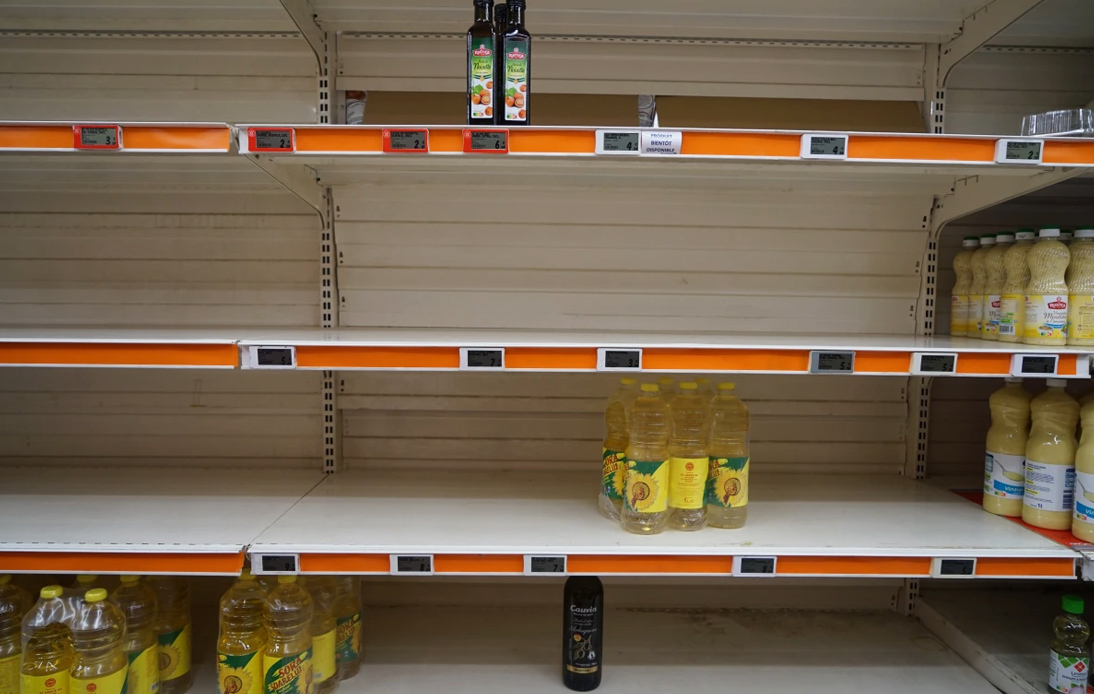
The Federation of Thai Industries (FTI) said global food shortages could benefit Thai food exporters even if the global crisis escalates during this year’s third and fourth quarters.
Experts estimate that the food shortages will intensify as countries such as Serbia, India, Kosovo, Egypt and Kazakhstan have restricted exports of various products, including wheat.
According to FTI chairman Kriengkrai Thiennukul, food stockpiling appears to be inevitable due to lower crop yields resulting from fertilizer and animal feed shortages amid the ongoing conflict between Russia and Ukraine.
Russia’s invasion of Ukraine drew an aggressive response from Western countries, with the United States and the European Union imposing strict political and economic sanctions on Moscow. As a result, the prices of fertilizers and some raw materials have skyrocketed worldwide.
Both countries are among the world’s largest commodities exporters.
In addition, Russia is a major steelmaker and exporter of wheat and corn used for animal feed. Ukraine is also a substantial exporter of wheat, Mr. Kriengkrai said.
However, the FTI believes that the Thai food industry could benefit from the global situation, as the country could see an increase in purchase orders amid growing concerns over shortages.
Mr. Kriengkrai spoke on local factories’ readiness to deal with global shortages, saying: “Thai food factories have prepared raw materials for food processing in order to meet increasing demand in the global food market, which has been affected by the war.”
Neither the federation nor the country’s major producers are seriously concerned about raw materials’ scarcity, as Thailand is rich in agricultural products, he added.
Meanwhile, the FTI continues monitoring the rise in the world oil price. Mr. Kriengkrai explained that rising oil costs could cause further increases in inflation rates, which have already reached historic levels in many countries.
According to economic specialists, Thai inflation has been fueled by rising world oil prices. The latest report from the Trade Policy and Strategy Office showed that headline inflation had surpassed a 13-year high, rising to 7.1% in May.
Additionally, Thailand’s Industry Sentiment Index had fallen to a seven-month low of 84.3 points last month amid economic uncertainties over inflation and global political strife, the FTI added.




















